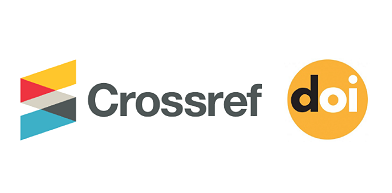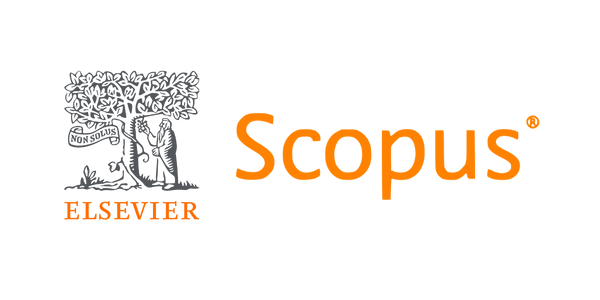Biochemical Investigation into the Benefit of Quercetin Supplementation in Hypoxic Mice
DOI:
https://doi.org/10.61386/imj.v18i1.590Keywords:
Blood, Brain, Hypoxia, Lungs, Prooxidants, AntioxidantsAbstract
Context: Since the proper flow of oxygen into the human body signifies one of the core features of living organisms, a shortage in supply poses a significant threat to survival.
Objective: This study aimed to investigate the effects of intermittent hypoxia on mice and the benefit of pre-administered quercetin on such effects.
Materials and Methods: Thirty (30) mice were procured and shared into five (5) experimental groups comprising six (6) mice each (n=6). Group I was the normal control group, group II was the negative group and groups III-V were the quercetin groups. Group I and II received distilled water while III-V received quercetin in different doses (10, 20 and 40 mg/kg p.o.). Also, all groups were subjected to the hypoxia protocol except group I. All treatments were carried out for seven (7) days. Afterwards, blood obtained via cardiac puncture, brains and lungs of select mice were respectively subjected to haematological evaluation and intense biochemical analysis. Also, specific lung tissue was subjected to histology using Hematoxylin and Eosin staining procedure.
Results: Quercetin significantly (p<0.05) slowed the rate of possible progression of systemic inflammation by enhancing antioxidant systems in the lungs and brain by increasing glutathione, catalase and superoxide dismutase activity in addition to displaying anti-inflammation by inhibiting the activity of myeloperoxidase. Also, quercetin significantly increased red blood cell and haemoglobin content when compared with the model group.
Conclusion: Quercetin attenuated hypoxia-induced biochemical alterations in major organs of the body which can be accredited to its antioxidative, neuroprotective and anti-inflammatory properties.
Published
License
Copyright (c) 2025 Otomewo LO, Anthony TE, Moke EG, Onohwosafe J

This work is licensed under a Creative Commons Attribution 4.0 International License.










